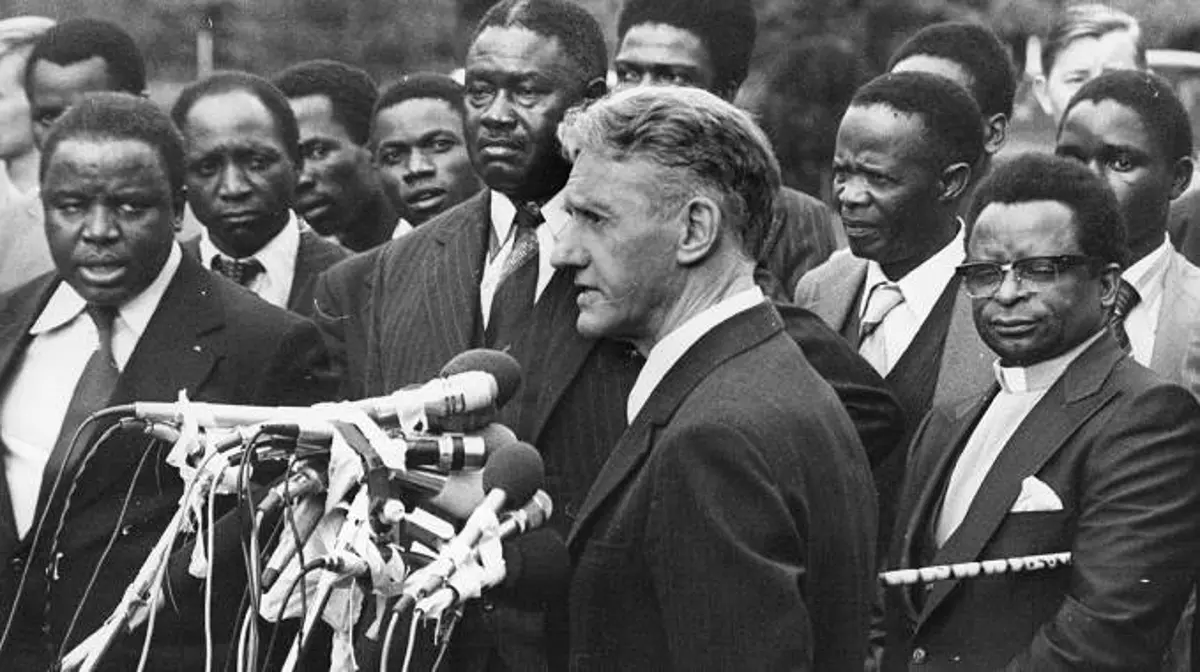- UDI in Southern Rhodesia occurred on 11 November 1965 and it was a very significant event in the country’s history.
- The UDI was a result of the white minority government’s determination to maintain their power and prevent black majority rule in the country.
- The UDI was led by the white minority government of Rhodesia, under the leadership of Ian Smith.
- The UDI was a unilateral act, which meant that the white minority government declared independence from Britain without the consent of the British government.
- The British government was strongly opposed to the UDI and refused to recognize it as a legitimate act of independence.
- The UDI led to a period of international isolation for Rhodesia, as many countries imposed economic and political sanctions on the country in response to the UDI.
- The UDI was also opposed by many black Zimbabweans, who saw it as a continuation of white minority rule and an obstacle to their struggle for majority rule.
- The UDI led to a period of conflict and violence in Rhodesia, as black nationalist groups fought against the white minority government in an attempt to gain independence for the country.
- The conflict in Rhodesia eventually led to a negotiated settlement and the establishment of a new government in 1980, which was led by Robert Mugabe and his party, ZANU-PF.
- The UDI had a significant impact on the history of Zimbabwe and the region, and it is still remembered and debated today.
- The UDI was a controversial and divisive event, with some seeing it as a bold act of defiance against colonialism, while others see it as a violation of international law and a continuation of white minority rule.
- The UDI led to a period of economic and political uncertainty in Rhodesia, with many businesses and investors leaving the country and many Zimbabweans facing difficult economic conditions.
- The UDI was a turning point in the history of Rhodesia and the region, with the country moving from a period of colonialism and white minority rule to a period of independence and majority rule.
- The UDI continues to be a controversial and debated event, with some seeing it as a heroic act of resistance against colonialism and others seeing it as a violation of human rights and an obstacle to democratic governance.
- The Unilateral Declaration of Independence (UDI) in Rhodesia ended on 1 June 1979, when the British government and the Patriotic Front (a coalition of nationalist groups fighting against the white minority government) signed the Lancaster House Agreement.
- This agreement paved the way for the establishment of a new government in Rhodesia and the holding of democratic elections in 1980, which led to the independence of Zimbabwe.
- The end of the UDI marked the end of white minority rule in Rhodesia and the beginning of a new era of majority rule and independence for the country.



